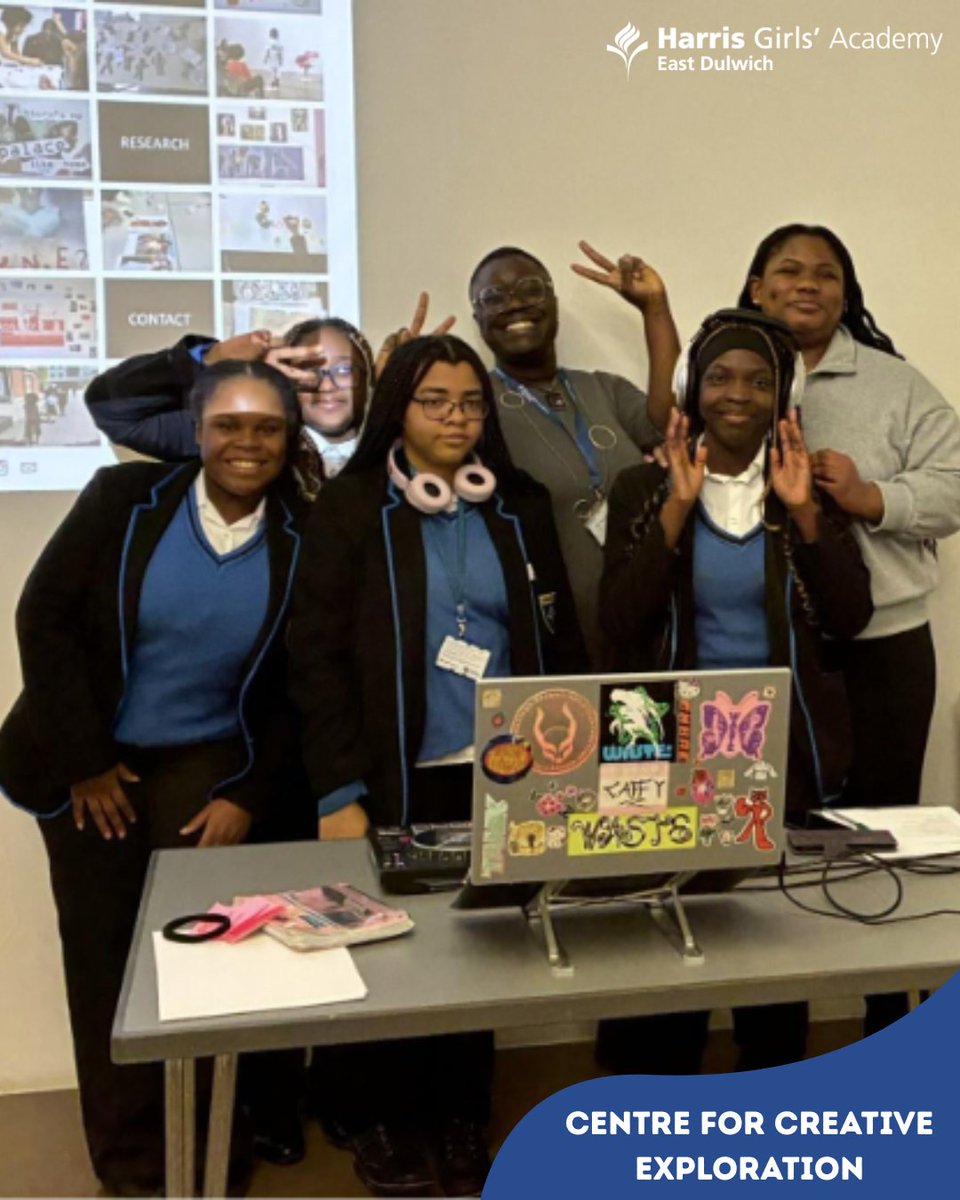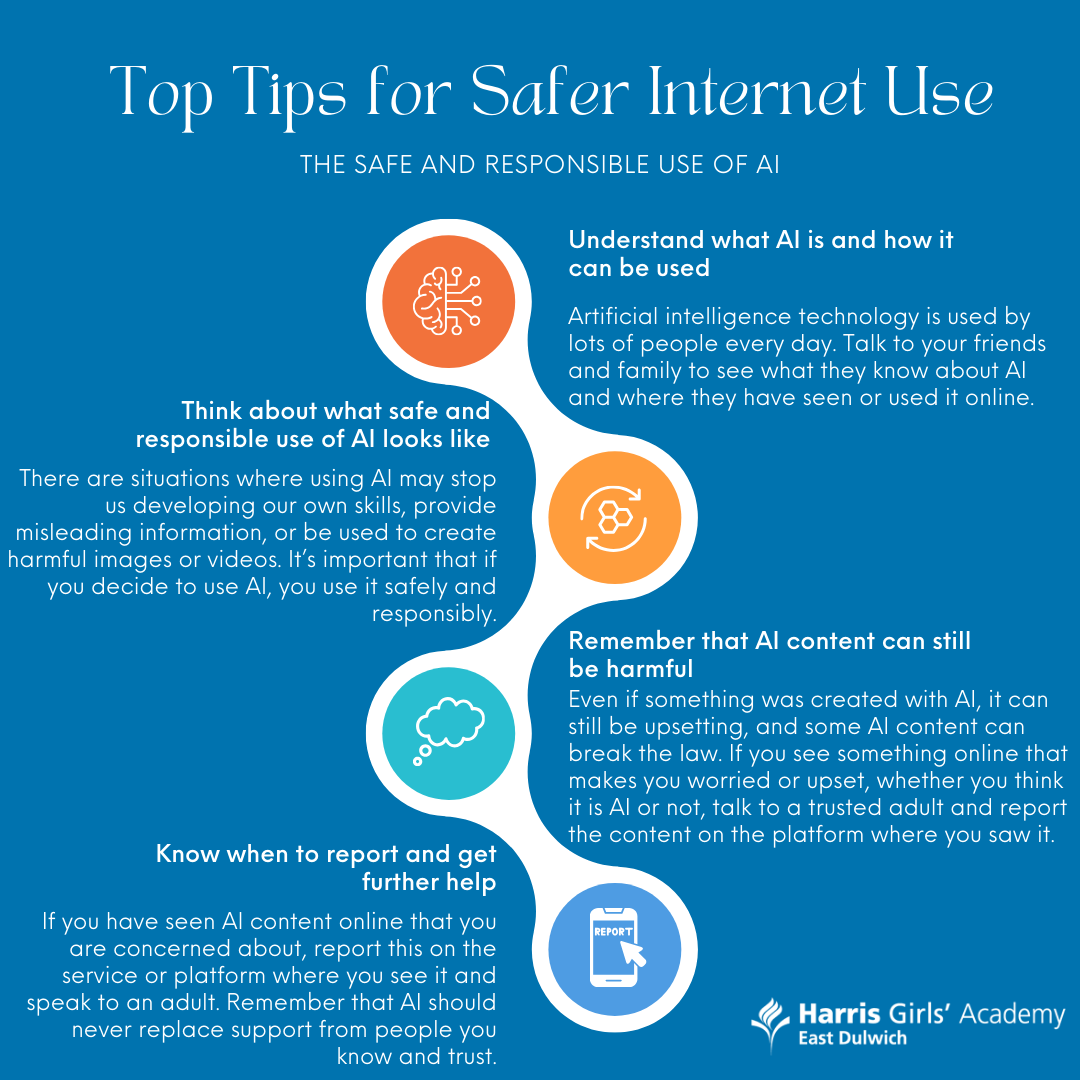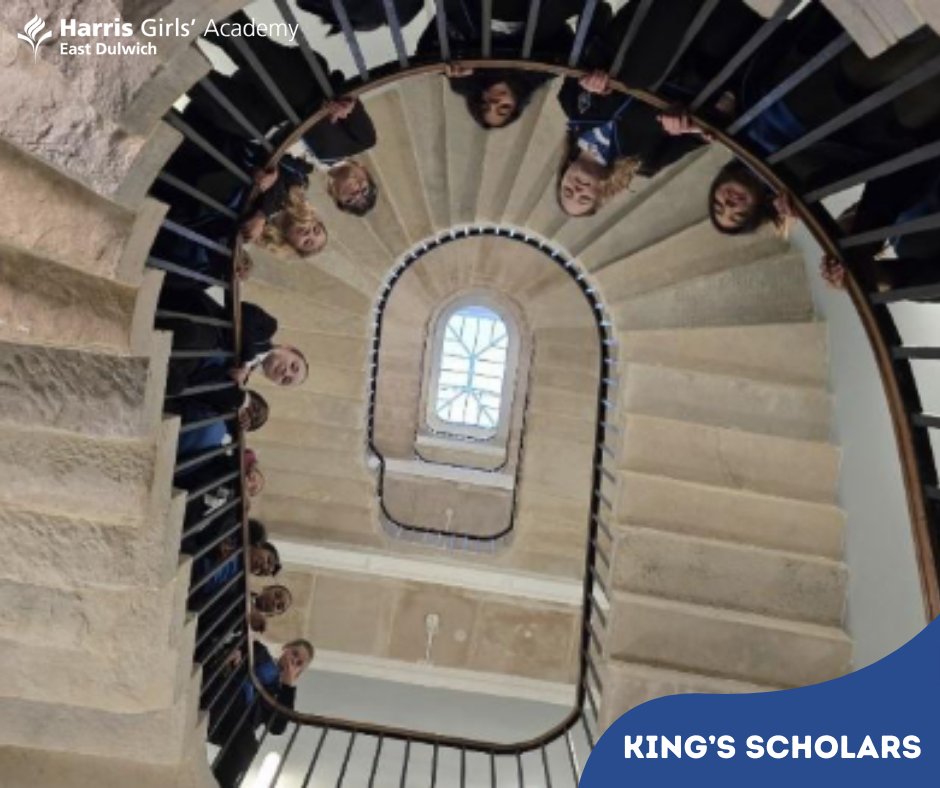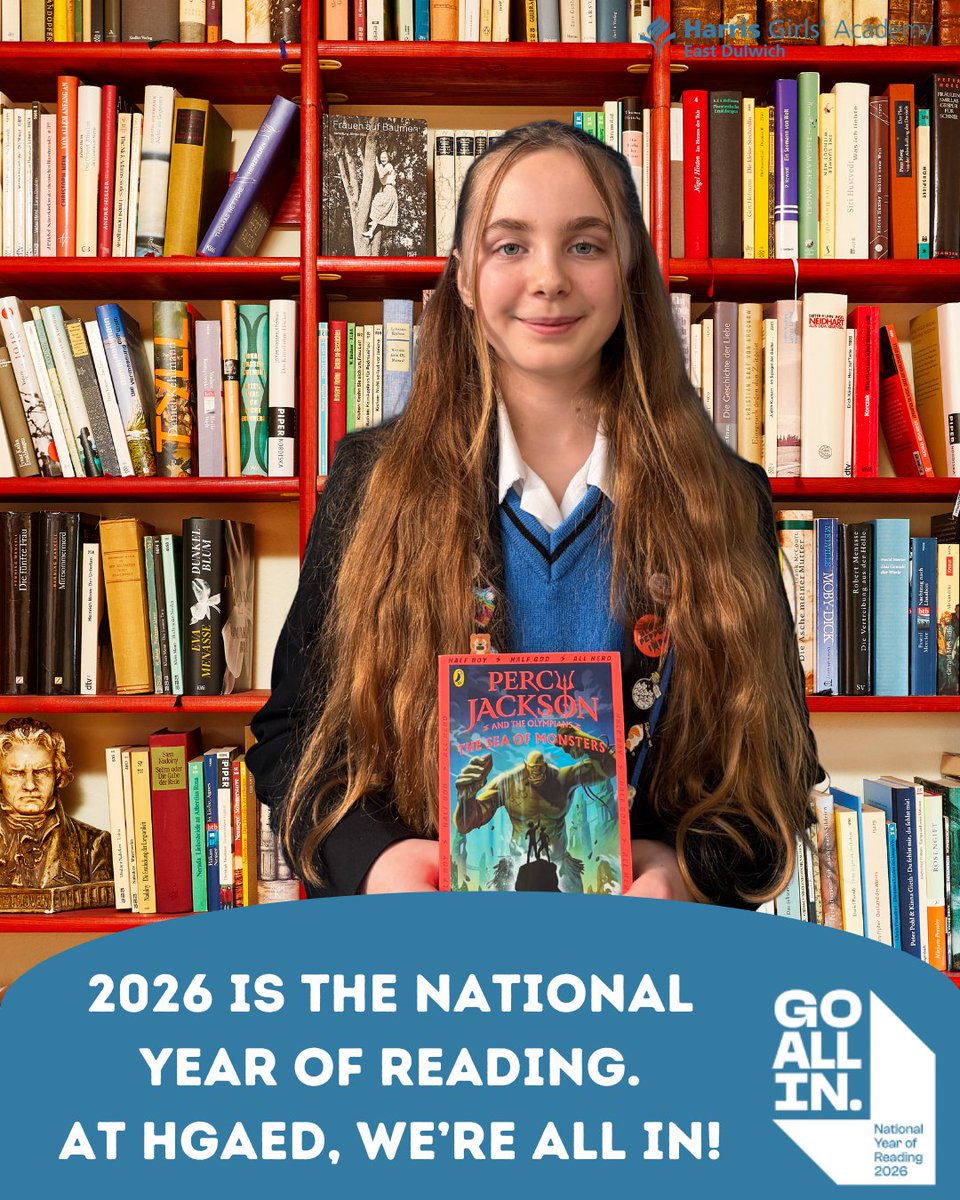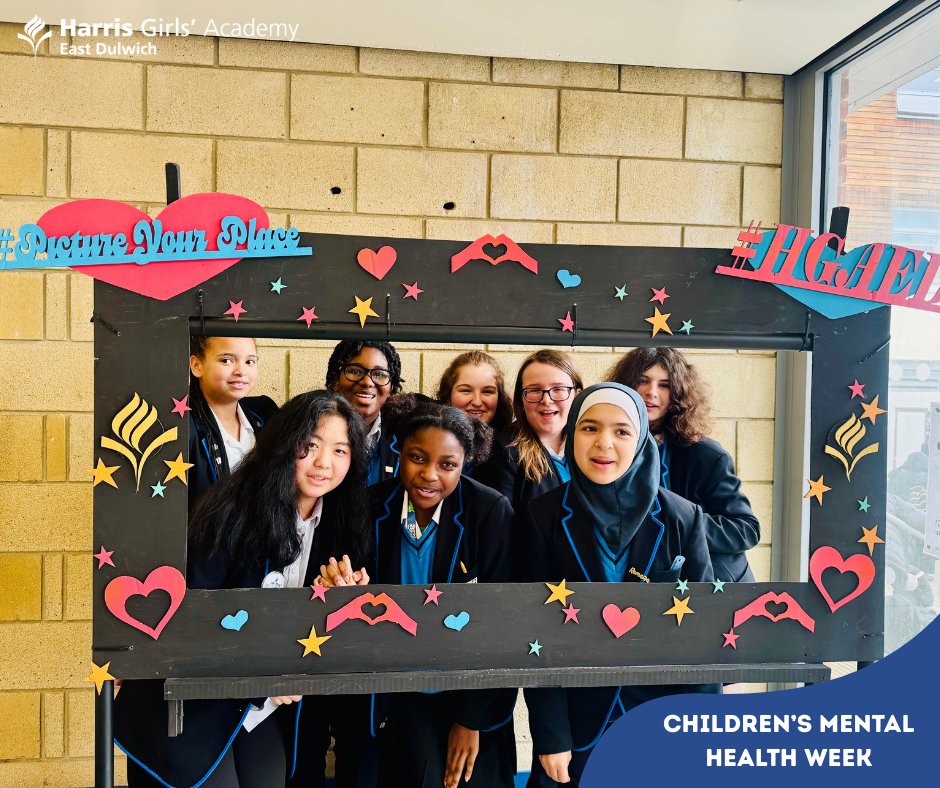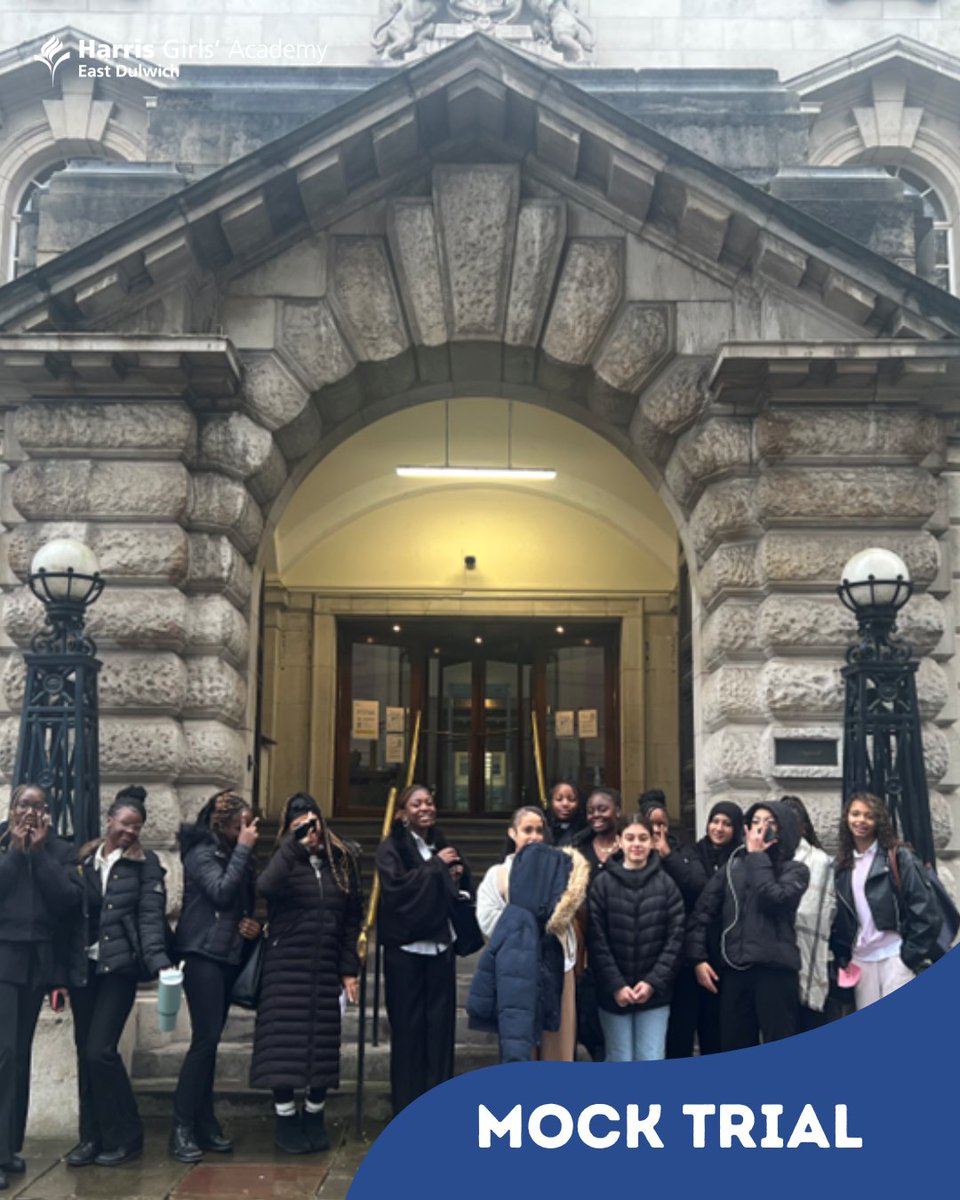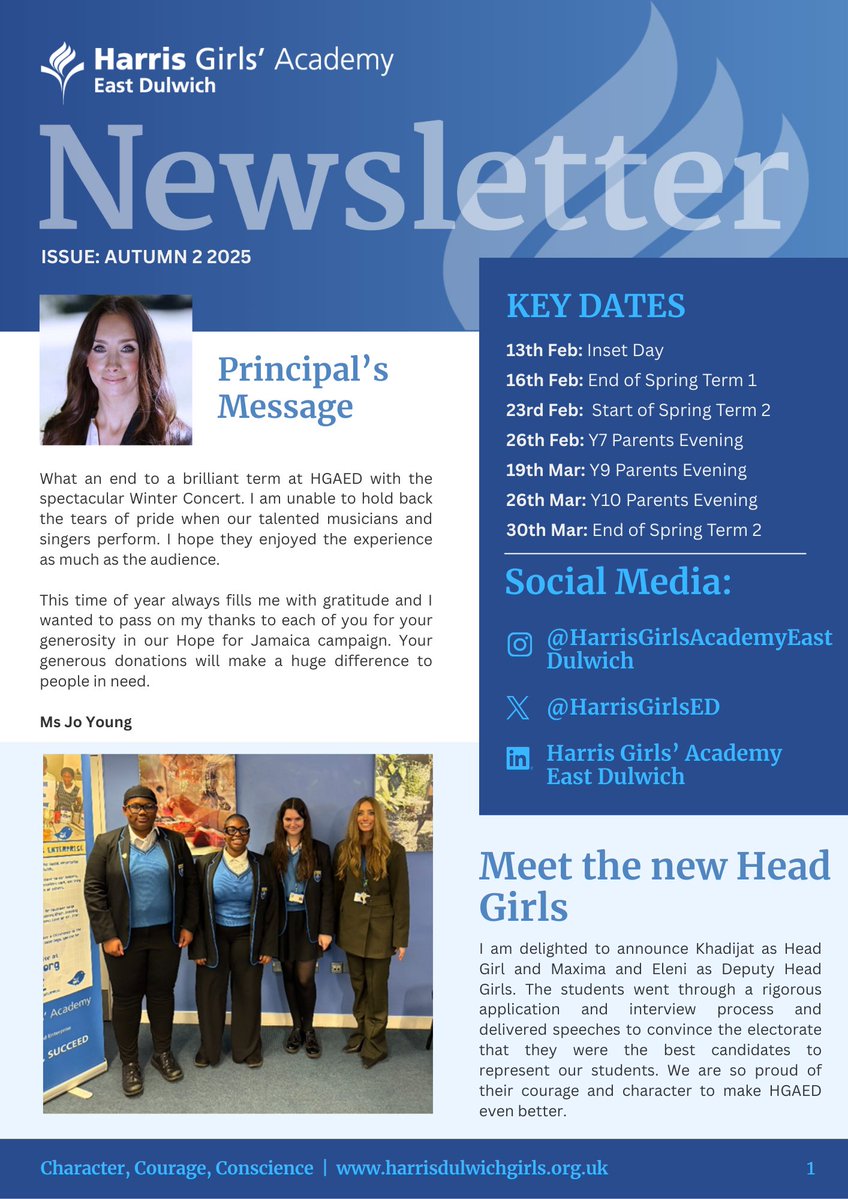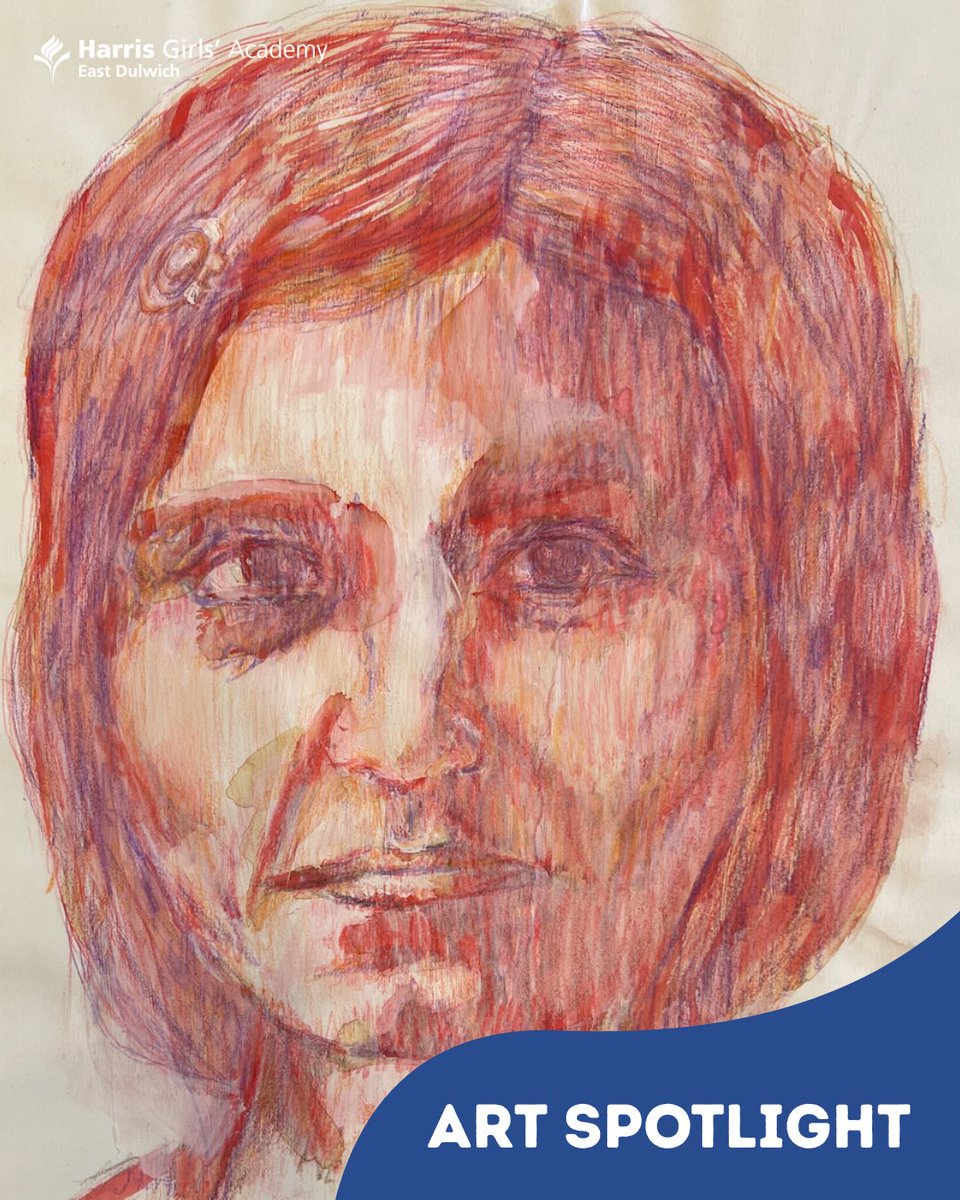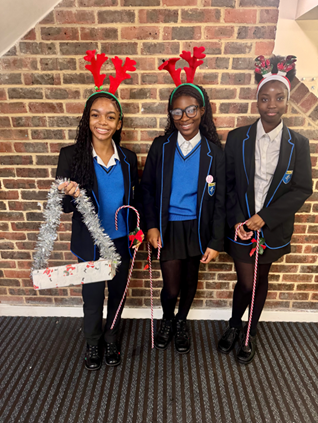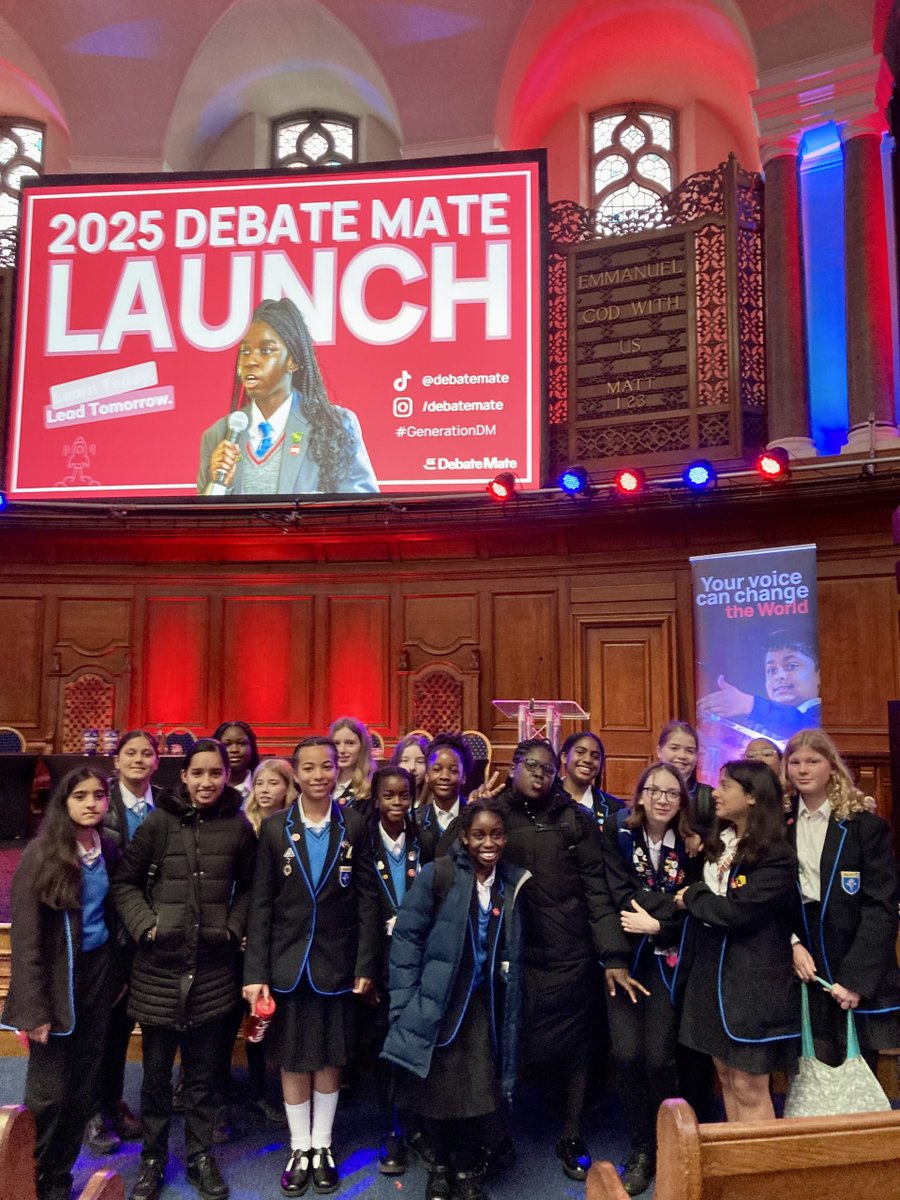Latest News
Posted on May 24th 2021
Metropolitan Police Hold Special PHSE Day for Year 7
Last week our Year 7 students took part in a special PSHE (personal, social, health and economic education) day, planned and delivered by the Metropolitan Police Service.
The day looked at some of the most important national and local topical issues and provided lots of information to students about how they can further keep themselves safe.
The topics they explored included: County Lines and gangs; terrorism; illegal substances (A, B and C) including information about Edibles; sexualised behaviours; online safety; Money Mules; social media; and Stop and Search. See more details of each one below.
I didn’t know these things before and now feel like I have more understanding.

What Year 7 said..
"I enjoyed it because we learnt a lot about what we should look out for, on the internet and in general. I enjoyed the session that we did at the end of the day where the police talked to us about real-life scenarios and arrests. I also enjoyed the terrorism session; it was interesting to learn about terrorism in different places. We had to work together to come up with a solution for people in a trapped building, it was fun to problem solve and decide what to do. The police then gave us advice about what we should do if we were ever in that situation." Cara
"It was fun and very interesting; I learnt a lot of things that I didn’t know before. My favourite session was about the edibles. I was shocked and surprised, I would never have thought that things could be mixed in with sweets, but it has made me more aware of things that could happen. I learnt a lot about drugs and how they can affect us in many ways and now I feel it has made me more cautious. We also had a session on terrorism, and we learnt what we could do to help ourselves if anything ever happened and we were in that situation." Thaianne
"The police came and talked to us about different subjects that are happening throughout the world. Terrorism, drugs, county lines, gangs and knife crime. They also spoke to us about sexual assault and rape. We learnt about grooming, and how people organise others to steal drugs and become indebted to them. I didn’t know these things before and now feel like I have more understanding." Michaela
"I enjoyed learning about county lines, that was something new to me, so it was interesting to learn about that. We also learnt about how we need to be careful about the websites we go on and how we can control our curiosity when we go online. We looked at the differences between normal packets of sweets and ‘edible’ packets of sweets. They look very similar, so it was good to learn what to look out for. I feel like it has made me more aware and given me more information about what to look for." Blessing
Find out more
Here's a little more information about the topics discussed and what was covered.
County Lines & Gangs (Serious Youth Violence
‘County Lines’ is a term being used more frequently when discussing safeguarding in schools. But what does county lines actually mean? How can your child be safeguarded from being exposed to criminal exploitation?
Child Criminal Exploitation (CCE) or County Lines occurs when an individual or group takes advantage of a child or young person’s vulnerability in order to coerce, control, manipulate or deceive them into taking part in criminal activity. County lines is a type of child criminal exploitation whereby gangs and organised crime networks groom and exploit children specifically to sell drugs.
These children are often made to travel across counties, and specific mobile phone ‘lines’ are dedicated to this criminal activity. This session provided relevant information and tips to ensure that your child is kept safe.
Terrorism
The current threat level for international terrorism in the UK is SUBSTANTIAL. This means an attack is likely. Police and security agencies work tirelessly to protect the public but it is also important that communities remain vigilant and aware of how to protect themselves if the need arises.
Students watched a four minute film, Stay Safe: Firearms and Weapons Attack, which set out three key steps for keeping safe’. They also learned about the government's key message that that if you are caught up in an incident to 'run, hide and tell' - guidance which can be applied to many places and situations.
Illegal substances (A, B and C) including Edibles
This session helped students to develop the knowledge, skills, and attitudes to appreciate the benefits of living healthily, promote responsibility towards the use of drugs and relate these to their own actions and those of others, both now and in their future lives.
It also provided opportunities for people to reflect on their own and others' attitudes to various illegal substances, their use, and the people who use them; along with its crimes and consequences.
Sexualised behaviours
Children of secondary school age often spend more time unsupervised, can be greatly influenced by their peer group and have more exposure to social media, the internet and technology. These factors can influence their understanding of what healthy sexual behaviour looks like. Are they aware of the differences between healthy sexual behaviours and those which are of concern? Do they know what to do if a child or young person has experienced sexual harassment and abuse or is displaying sexualised behaviour? This session enabled students to gain the knowledge and skills they need to recognise and report sexualised behaviour concerns.
Online safety/Money Mules/social media
Every school has a dual responsibility when it comes to e-safety: to ensure the school’s online procedures keep children and young people safe, and to teach them about online safety, in and outside of school; Specialist officers from the MPS’ Cyber Crime unit provided students with relevant guidance and safety tips.
Stop and search
As a young person it is sometimes felt that they are disproportionately affected by stop and search. This session aimed to explore their rights and entitlements, help students better understand stop and search and consider how to improve relations between students and the police.

